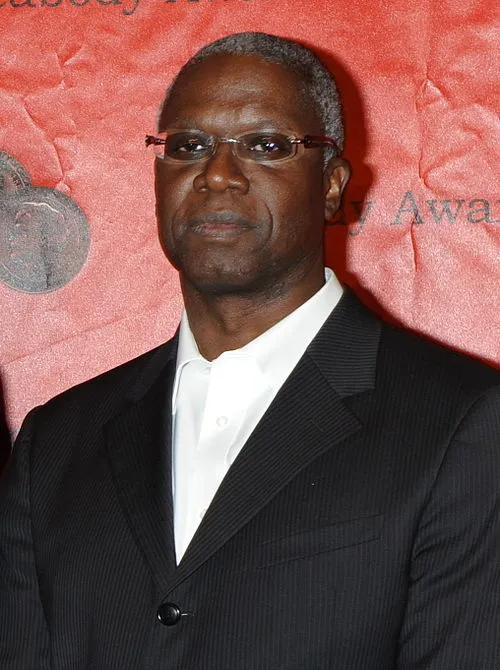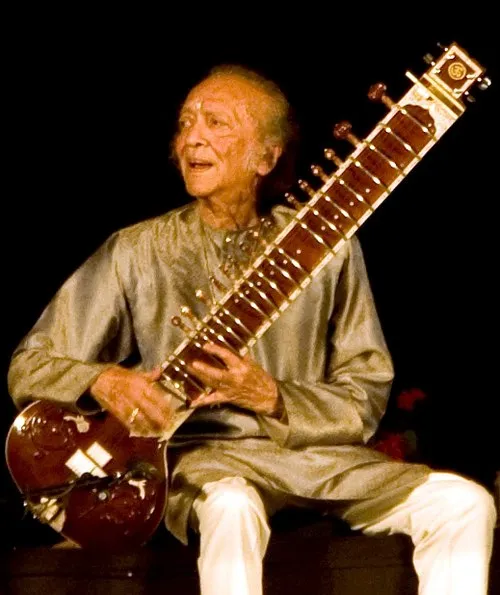In 2020, the Food and Drug Administration (FDA) granted Emergency Use Authorization for the Pfizer-BioNTech COVID-19 vaccine, marking it as the first COVID-19 vaccine approved by the agency. This pivotal moment in public health initiated the widespread distribution of an effective vaccine to combat the COVID-19 pandemic.
On December 11
12
Important Days
62
Important Events
294
Births and Deaths
recorded.
Holidays and Occasions
Events
Births and Deaths

Establishment of the Kurdish Women’s Union in Iraqi Kurdistan
The Kurdish Women’s Union, known as Yekîtiya Jinên Kurdistan, emerged as a significant movement in Iraqi Kurdistan aimed at promoting women's rights and empowering females across the region. Established in the early 21st century, the union has played a pivotal role in advocating for gender equality and social justice...

Celebrate Indiana Day: Honor the Hoosier State's Rich Heritage
Indiana Day, a cherished occasion in the United States, honors the rich history, vibrant culture, and unique contributions of the Hoosier State. This special day is not only a celebration of Indiana's heritage but also an opportunity for residents and visitors alike to engage with the abundant traditions and values that define this remarkable state...

International Mountain Day: Celebrating the Earth's Majestic Peaks
International Mountain Day is celebrated annually on December 11th, dedicated to raising awareness about the significance of mountains to our planet's ecosystem and encouraging sustainable development practices in these regions. This observance highlights the vital role mountains play in providing fresh water, biodiversity, and livelihoods for millions of people worldwide...

National Tango Day: Celebrate Argentina's Passionate Dance
Every year on December 11th, Argentina comes alive with the rhythms and passion of its most famous dance: the tango. National Tango Day, or "Día Nacional del Tango," is celebrated to honor the rich cultural heritage of this dance, which has become synonymous with Argentine identity...

Pampanga Day: Celebrating Culture and Heritage in the Philippines
Pampanga Day, celebrated every December 11, is a significant occasion for the people of Pampanga, a province in the Philippines known for its rich cultural heritage, gastronomic delights, and vibrant traditions. This day commemorates the establishment of Pampanga as a province and highlights its historical significance and contributions to the nation...

Republic Day: Celebrating Upper Volta's Journey to Autonomy in 1958
Republic Day, celebrated on December 11, marks a significant occasion in the history of Burkina Faso, formerly known as Upper Volta. This day commemorates the moment in 1958 when Upper Volta became an autonomous republic within the French Community...

Exploring the Depths of Cian: The Color and Its Cultural Significance
Cian is a color that embodies a tranquil serenity and vibrant energy, seamlessly blending hues of blue and green. While often associated with natural elements like water and sky, its cultural significance extends well beyond mere aesthetics...

Discovering Daniel the Stylite: The Ascetic Living on a Pillar
Daniel the Stylite, a lesser-known figure of Christian asceticism, is renowned for his unconventional way of life that has fascinated historians and theologians alike. Born in the early 5th century, Daniel belonged to the era of Stylitism, a unique monastic tradition where individuals lived atop pillars to dedicate their lives to prayer and contemplation, distancing themselves from the distractions of worldly life...

Discovering María de las Maravillas de Jesús: A Testament to Faith and Education
María de las Maravillas de Jesús, born María de la Purísima de la Cruz y de la Asunción on November 4, 1891, in Madrid, Spain, is a revered figure in the Catholic Church. She is recognized for her profound commitment to her faith and her role in the founding of the Order of the Poor Teachers of Santa Ana...

Pope Damasus I: Defender of the Faith and Christian Literature Advocate
Pope Damasus I, who served from 366 to 384 AD, is a significant figure in early Christian history. He is well-known for his role in church administration, theological debates, and his efforts to promote the Christian faith during a pivotal time in Rome...

Sabinus of Piacenza: Martyr and Early Christian Bishop
Sabinus of Piacenza, a significant figure in the early Christian Church, is best known for his contributions to the spread of Christianity in northern Italy during the late Roman Empire. His life and legacy offer insights into the development of Christian doctrines and the challenges faced by the early Church...

Understanding the Ancient Roman Triad: Victoricus, Fuscian, and Gentian
The history of ancient Rome is laden with intricate tales of gods, heroes, and notable figures. Among these narratives are the legends of three key personalities: Victoricus, Fuscian, and Gentian...






















